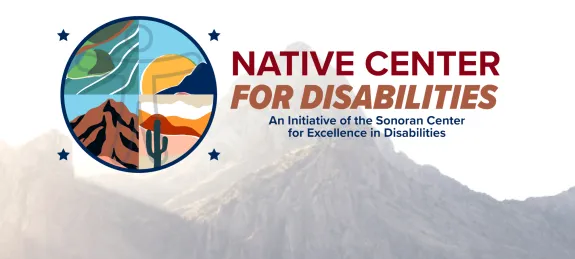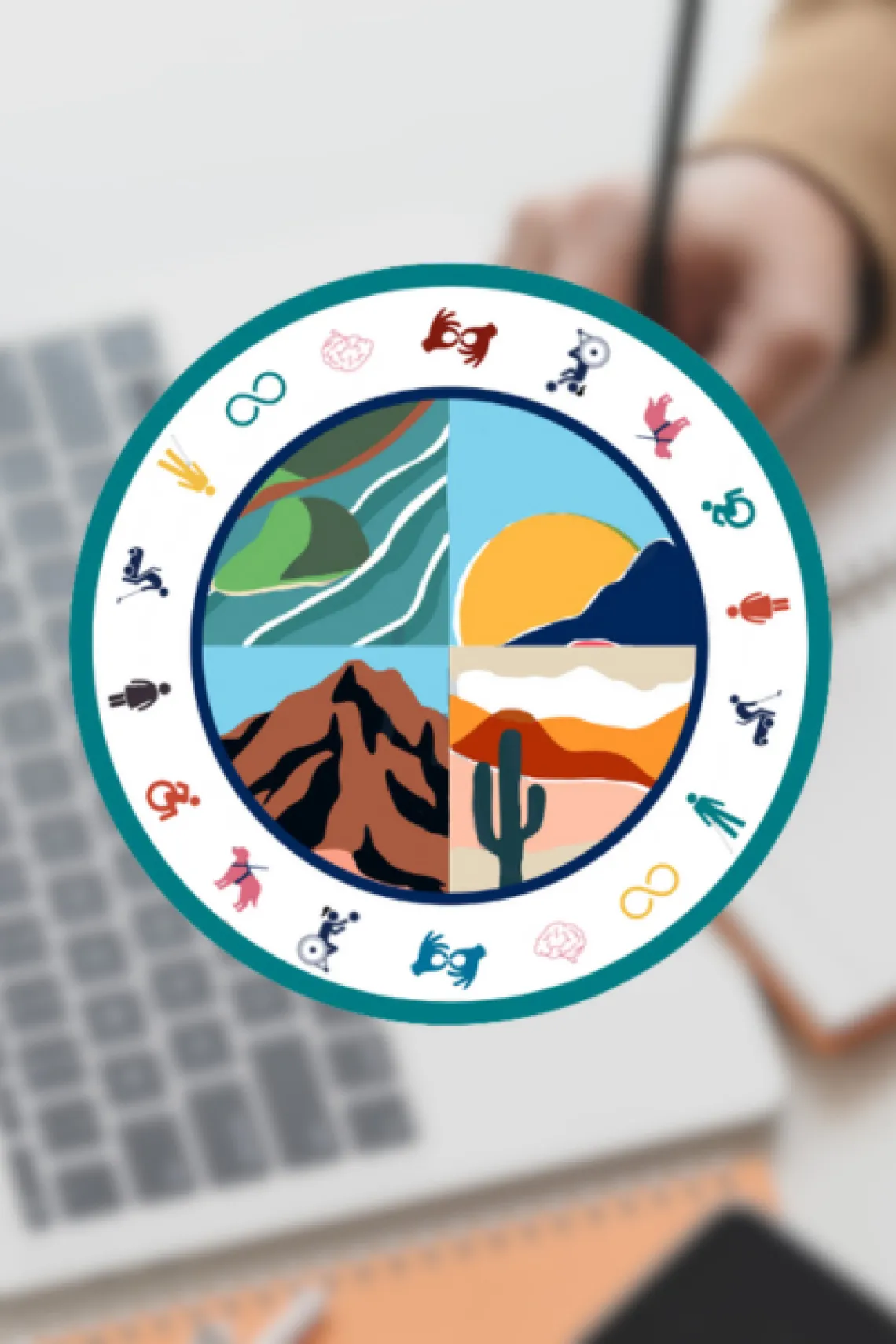
Helping Arizona tribal partners improve quality of life for their disability communities.
The Sonoran Center's Native Center for Disabilities, responsive to and in partnership with Tribal members and communities across Arizona, is focused on establishing a central hub of information, trainings, and resources that promotes quality of life for Native individuals with disabilities. The Native Center aims to enhance awareness, services, and supports for the Native disability community.

Native Center Webinars
A monthly webinar series examining the history of disability within Native communities, present-day challenges, and the possible solutions to creating a more equitable and accessible future for Native people with disabilities. Attendees come away from the series with a greater understanding of:
- The history and culture of disability within Native communities
- The unique intersectionality of disability and Native populations
- The current challenges facing Native people with disabilities and some of the achievements around ensuring equitable access
- The culturally-based strategies and approaches that can help improve the quality of life for Native people with disabilities
Upcoming Events
There are no upcoming events listed.
Contact
If you have any questions or would like to learn more, please contact Jacy Farkas at jkbell@arizona.edu.
